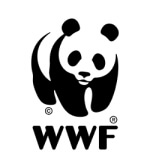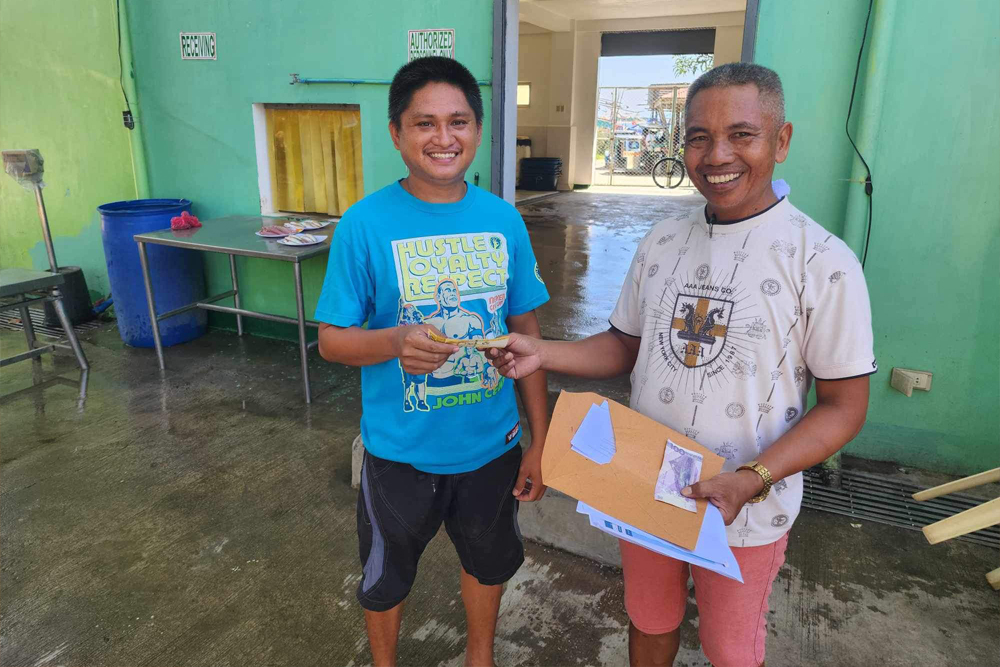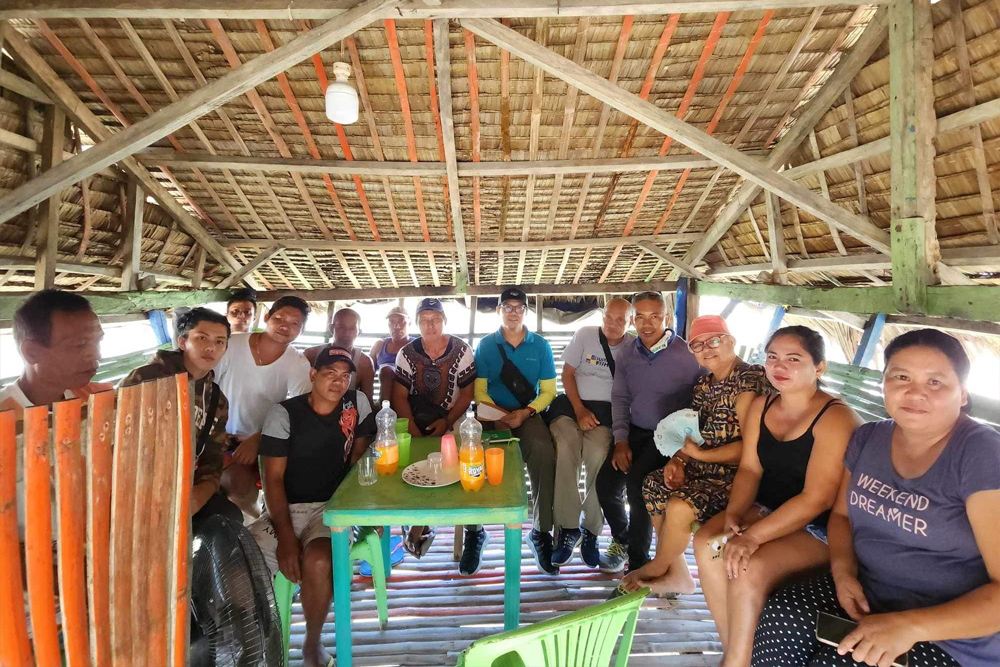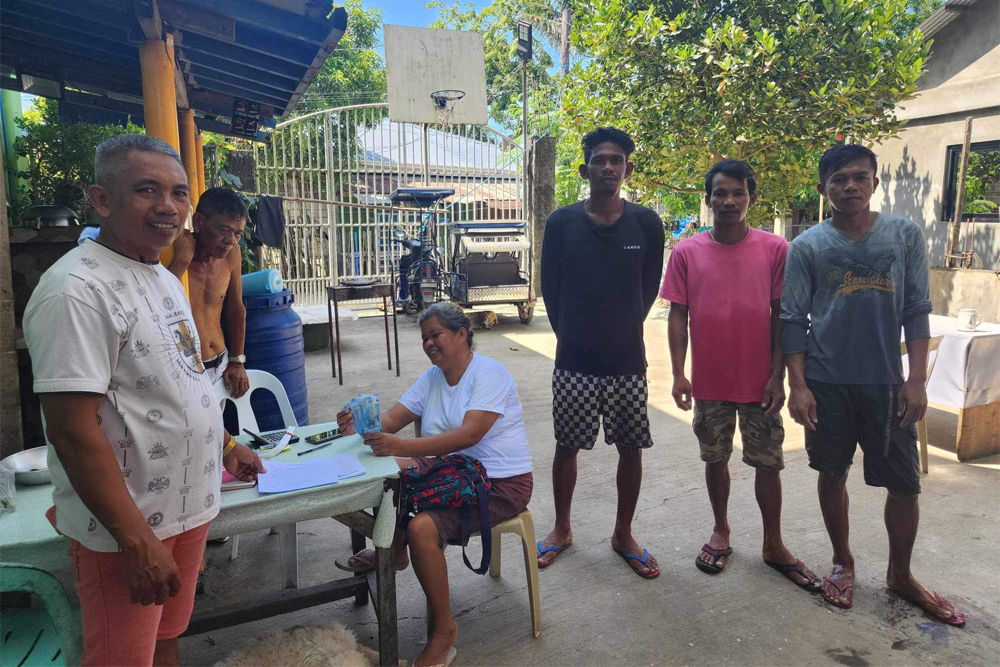Last November, the Philippine Tuna Handline Partnership (PTHP) and the World Wide Fund for Nature-Philippines (WWF-Philippines) distributed a Marine Stewardship Council (MSC) levy of over PHP 90,000 to the staff of 34 fishing vessels in the municipality of Tabaco in Albay and the municipalities of Mamburao and Sablayan in Occidental Mindoro. This long-awaited levy is the premium placed on every kilo of MSC certified yellowfin tuna caught by member fisherfolks and sold to clients.
More than a decade of collaboration among small-scale handline tuna fishers and tuna processors in the Lagonoy Gulf and Mindoro Strait led to the formation of PTHP. Through their efforts and the support of WWF-Philippines, they achieved the MSC certification in 2021 – making them the first small-scale fishers’ organization in the Philippines to achieve the globally recognized standard for sustainable fishing.
MSC certification opened the doors of the European market to these humble handline tuna fishers, but it did not come without its challenges. In its first year since achieving the certification, PTHP and its members worked hard to establish a system that would properly implement and monitor the MSC tagging of yellowfin tuna. Tagged tuna are bought at a premium given its higher quality and value.
To build this new system, PTHP hired enumerators to monitor the tagging and to create fish catch reports. These reports would then become the basis of the distribution of the premium earned. The earnings from the first year were used to solidify the foundation for proper MSC tagging through the operations of the PTHP and its enumerators.
Now in its second year, and with better momentum, the PTHP has collected a total levy of PHP 181,720 from three processor-exporters, namely JAM Seafoods, Jarla Trading, and Nuevo Fresco Marine Corp. Half of this levy was allocated to the operations of the organization, and the second half of PHP 90,860 was distributed to fishers as direct incentives for their contributions.
The levy was warmly welcomed by the fishers. “Maganda pala na may tagging kasi mayroon palang levy na malaki ang maitutulong pangbawas gastusin sa bangka at sa gastusin ng mga tauhan sa bangka (It turns out that MSC tagging is a good thing since there is a levy involved that is really helpful in lowering boat expenses and the expense of our hired fishers),“ shares one of the benefactors of the MSC levy in Sablayan.
The incentive received raised morale and motivated fishers to work harder and better implement the tagging system, “Nagpapasalamat kami at malaking tulong ang natanggap naming ito… lalo na na hindi naman lagi mayroong huli. Pagbubutihan pa at sisipagan pa ng mga tauhan namin na makahuli at makapag-tag ng tuna (We are thankful because this is a big help especially since earning fm our catch is not always guaranteed. We will do better and work harder to catch and tag more MSC certified tuna).”
This is just the beginning for our handline tuna fishers. There is hope for even bigger incentives in the coming year as PTHP partners with Seatrace International through a certificate-sharing agreement. This gives Seatrace access to the MSC certification, and provides PTHP with higher levy collections.
Achieving the MSC certification was a stepping stone towards a more sustainable and equitable Philippines tuna fishery. The work continues as we further develop the livelihood of our small-scale tuna fishers and establish the Philippine sustainable tuna industry in international markets. If you’d like to work with us towards this common goal, then please don’t hesitate to contact Krianne Pineda, PTHP’s Corporate Partnerships Liaison.





